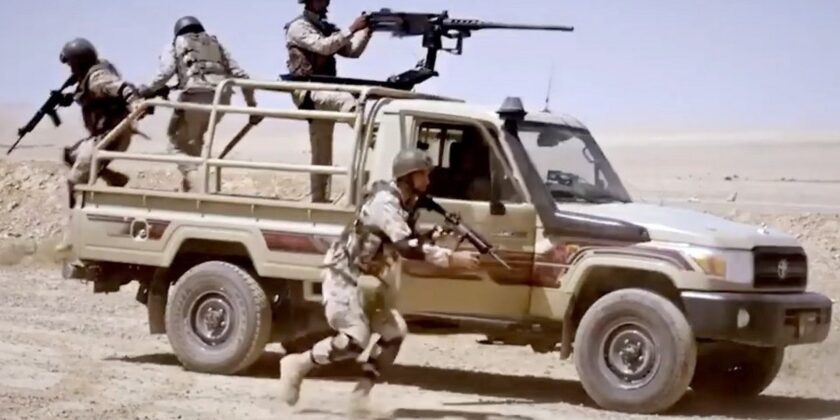9/7/2023
t is eminently logical for a country like Jordan that suffers from the ongoing crisis in Syria to work to identify direct solutions to the various problems that affect the country, in particular the issues of drugs, weapon trafficking and the presence of militias on the Jordanian borders.
The issue of refugees returning to Syria is an important one for Jordan, as priorities have changed and support for refugees has drastically decreased. Despite efforts and ongoing talks with the Syrian government, this is a complex issue, including the need for warranties from the Syrian regime, safe corridors, secure areas and protection from persecution for political opposition who have escaped. This issue needs to be addressed as part of a broader political reconciliation process and under the umbrella of the international community. Seeking to resolve this issue bilaterally with the Syrian regime is impractical and unlikely to be successful.
Instead, issues such as narcotrafficking, weapons, and the militia presence near the Jordanian borders are the major issues that Jordan should address bilaterally. Jordan is feeling the impact of the drug trafficking that has infiltrated the country on all levels; social, economic and security. Putting an end to this trade is at the top of the security agenda for Jordan but concrete steps from the Syrian side are yet to manifest.
Jordan was one of several Arab countries that took the initiative to bring Syria back into the Arab league. As such, Amman would rightly expect more collaboration and effort in ending the drug trade from Damascus. The issue is also a complex one for the Syrian regime as there are many people involved in the trade, including a large number who are benefitting from the current arrangements. The drug trade is part of a wider criminal network that is unlikely to be willing to discard the benefits it enjoys from the illegal trade.
The Syrian territory has effectively become a battleground for a proxy war between Iran, and its militias, such as Hizbollah, and Israel. The Iranian strategy to surround Israel with serious threats means that Syria is always of great interest. It also complicates the situation there and makes the problems much more difficult for Jordan to resolve. As such, Jordan should be prepared to face a higher level of threats from sophisticated crimes, more developed terrorists’ tactics and the desire to use its land as a transitional hub for drugs and weapons trafficking.
Finding solutions for complicated problems created by the ongoing crisis in Syria, from drug and weapons trafficking to the return of refugees, requires a comprehensive political process accepted by the international community. At the moment, the ball is in the Syrian regimes’ court to provide cooperation in containing drug trafficking and addressing the influence of militias. Countries like Jordan that played their part to start the process of bringing Syria back into the international community need to see positive engagement from the Syrian side. At the same time, these regional issues like narcotrafficking have international implications, and require an international approach, perhaps even capitalising on Jordan’s main ally in the US and its new anti-captagon law.
Dr. Amer Al Sabaileh

